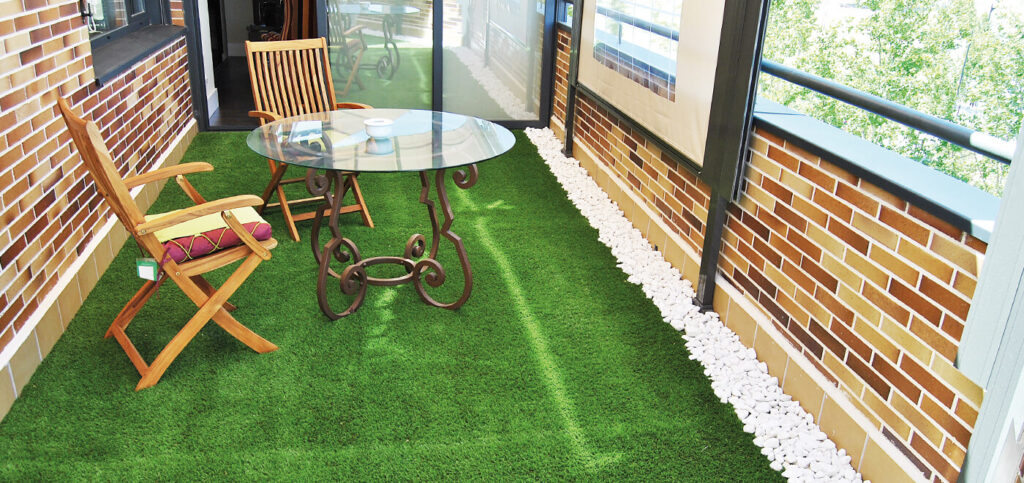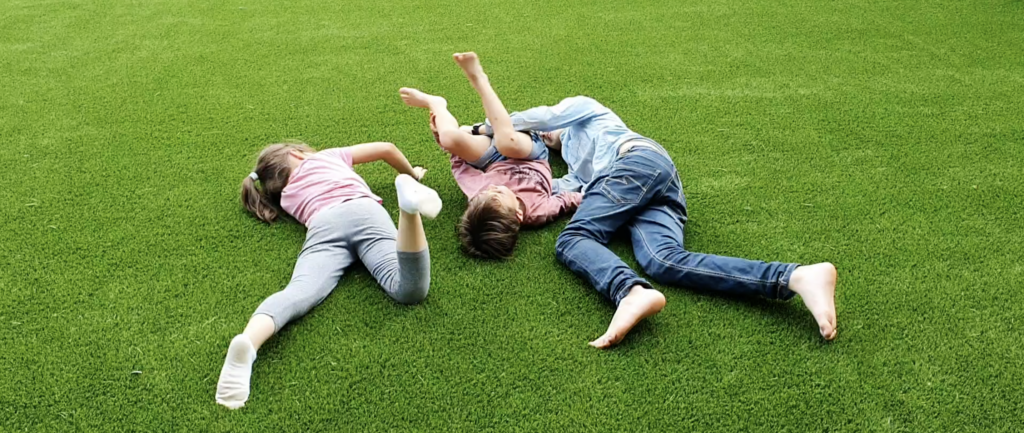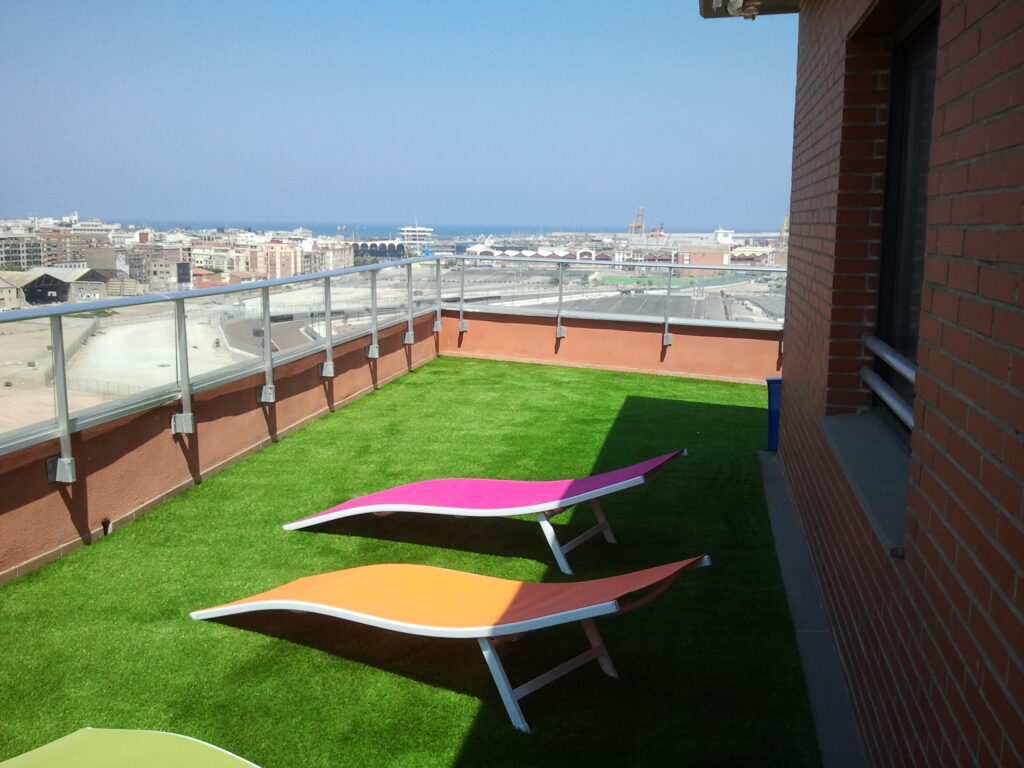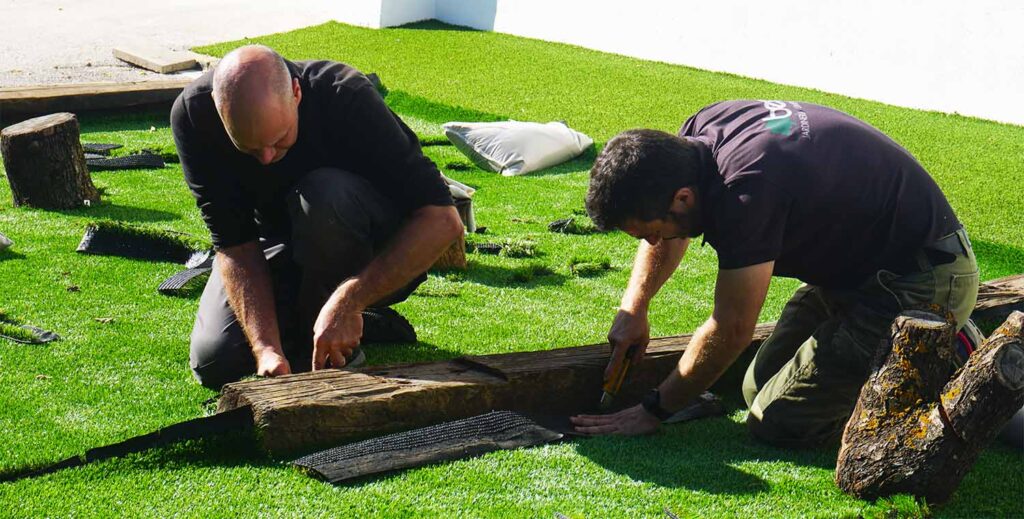There is a lot of evidence, mostly anecdotal, some scientific, about how gardeners live up to 14 years longer than non-gardeners. We are talking about a pretty impressive life span and it certainly deserves more research.
Dan Buettner, a National Geographic author, has studied this issue in depth by visiting what he called “blue zones” around the world, places where life expectancy is significantly longer. He studied these people and his findings are somewhat surprising. If you know English we recommend his TED talk on his findings.
Certainly, there are there are certainly many factors involved, but wee believe that there are a few key things gardeners do that could contribute to a longer life:
Obtain sufficient vitamin D
Generally, gardening is not done at night, therefore, while tending our garden, we are usually in the sun constantly. we are in the sun constantly. The body naturally produces vitamin D from sun exposure, and since vitamin D protects against cancers and heart disease, it stands to reason that those with higher levels of vitamin D may live longer.
They play on the land
Gardening, by its nature, means getting your hands in the soil. Soil is an incredibly rich source of natural bacteria, minerals and microorganisms. Touching the earth regularly exposes the body to beneficial microorganisms (and small amounts of harmful ones) that can boost the immune system. Since beneficial bacteria and gut health are so vital to overall health, it stands to reason that the immune-boosting properties of soil also increase longevity.

Grounding
Gardeners spend time touching the earth and soil. According to the book “Earthing: The Most Important Health Discovery Ever,” this alone could have tremendous benefit. The theory is that many of us rarely or never touch the earth with bare skin, and certainly not for long periods of time. This leads to an accumulation of positive electrons in the body from electrical energy, electromagnetic frequencies, WI-FI and so on. The earth acts as a discharger, just as it does for electrical outlets, reducing the additional positive charge.
The author speculates that this accumulation and lack of contact with the soil can lead to inflammation and disease. The gardeners, by touching the soil, act as an “earthing” and remove this additional burden.
Stress relief
Many gardeners cite relaxation and stress relief as reasons to garden. Stress negatively affects hormones and increases the risk of disease, so having a positive outlet for stress is tremendously beneficial to health. Balancing stress hormones has a positive effect on everything from blood pressure to cortisol levels to inflammation.
They eat vegetables
Logically, gardeners often grow vegetables, which means that, logically, they are also likely to eat them. Consuming more vegetables and fewer processed foods means more nutrients, antioxidants and fewer toxins.
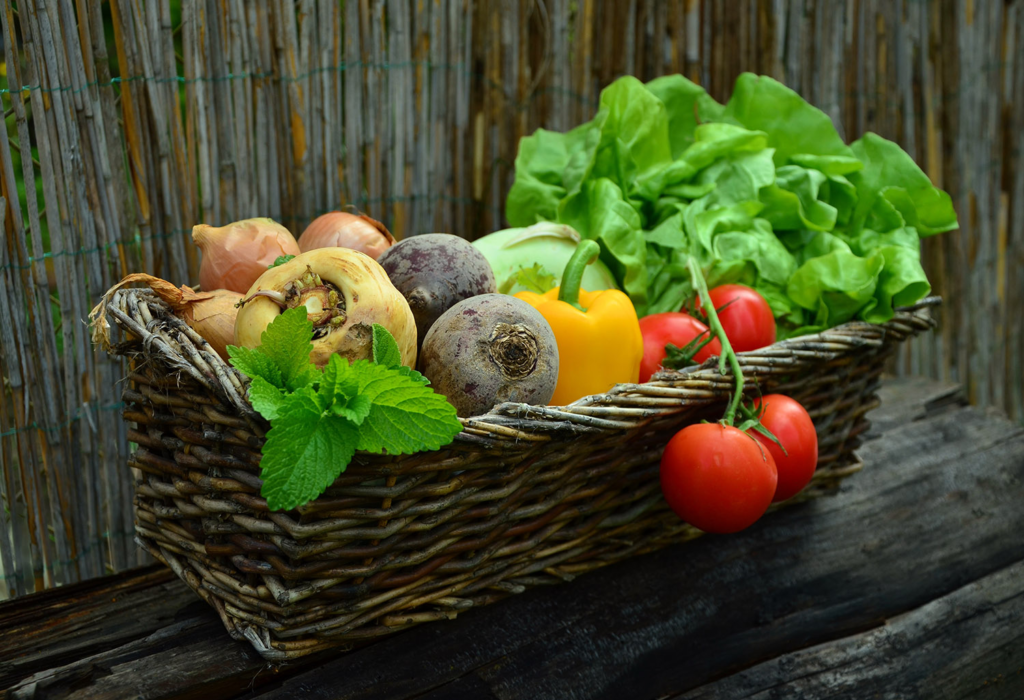
Exercise
Lifting plants, raking, digging, brushing your grass… all require low-level activity and some heavy lifting.. These activities provide the positive benefits of exercise in a relaxing and sustainable way.
Y youDo you do gardening work? Why do you do it? Share it with us below.


